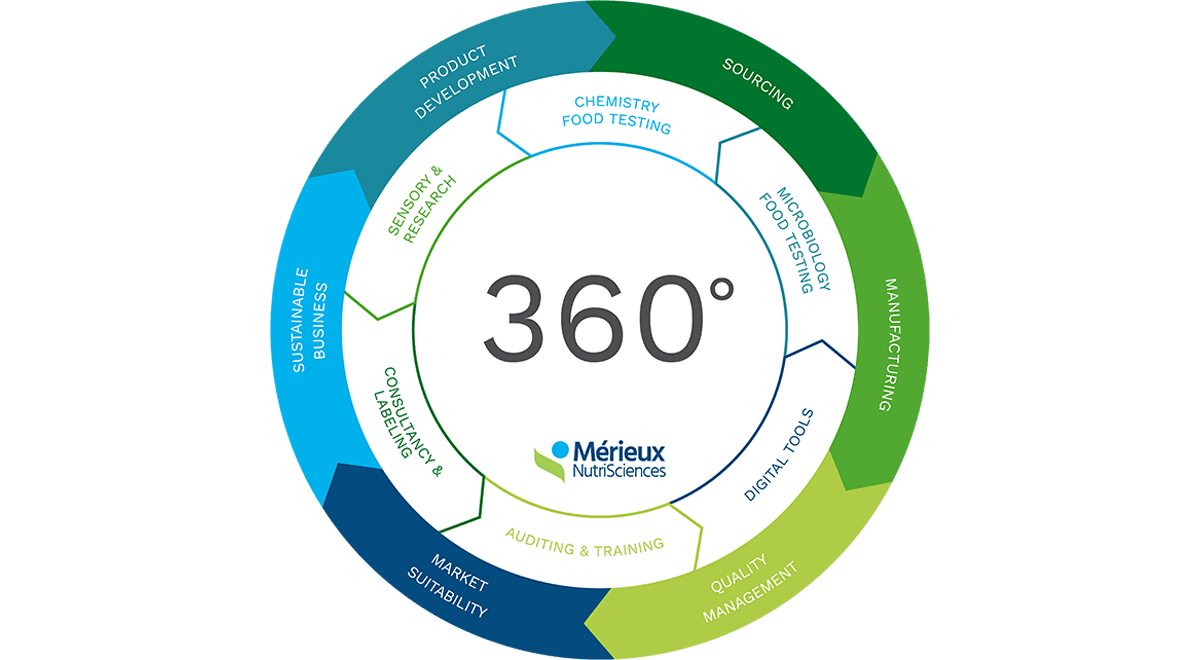A recent study by Consumer Reports compared the levels of heavy metals in baby foods from 2018 to 2023 and found that some brands still contain the same heavy metals. The study revealed that multiple baby food products have varying levels of heavy metals, with some brands experiencing changes in levels over the years.
Despite strong efforts from manufacturers to create healthier baby foods, the overall risks for children remain high. Heavy metal consumption can negatively affect children’s IQ and development. Foods such as rice, sweet potatoes, and carrots pose the greatest risk due to the way they are grown.
Closer to Zero Action Plan
In January, Bloomberg Law conducted an investigation which found that almost all baby food products tested contained at least two of the three heavy metals (US Market). Subsequently, the Food and Drug Administration (FDA) proposed action levels for lead in baby foods as part of its Closer to Zero action plan.
However, the FDA has not yet set deadlines for limit guidelines, and there has been pressure from lawmakers to take further action. The FDA initiated the Closer to Zero plan in April 2021 to establish guidelines for toxic metals in baby and toddler food, following pressure from Congress and interest groups. The FDA considers the plan to be a dynamic one, with goal dates subject to evolving science and the regulatory process.
Serving Sizes to Reduce Risks
Consumer Reports’ food safety experts recommended serving sizes for baby foods based on data from the Centers for Disease Control and Prevention’s National Health and Nutrition Examination Survey. Some brands took the recommendation and showed improvements in serving sizes, indicating lower overall heavy metal levels.
The study also advised limiting the consumption of apple juice and grape juice due to high levels of inorganic arsenic and lead compared to other fruit juices. The FDA recently finalized limits for inorganic arsenic in apple juice.
Consumer Reports plans to conduct future testing to monitor heavy metal contamination in baby foods and other products. The results of the study can be found on their website.



